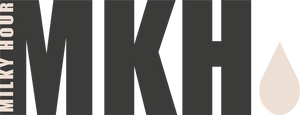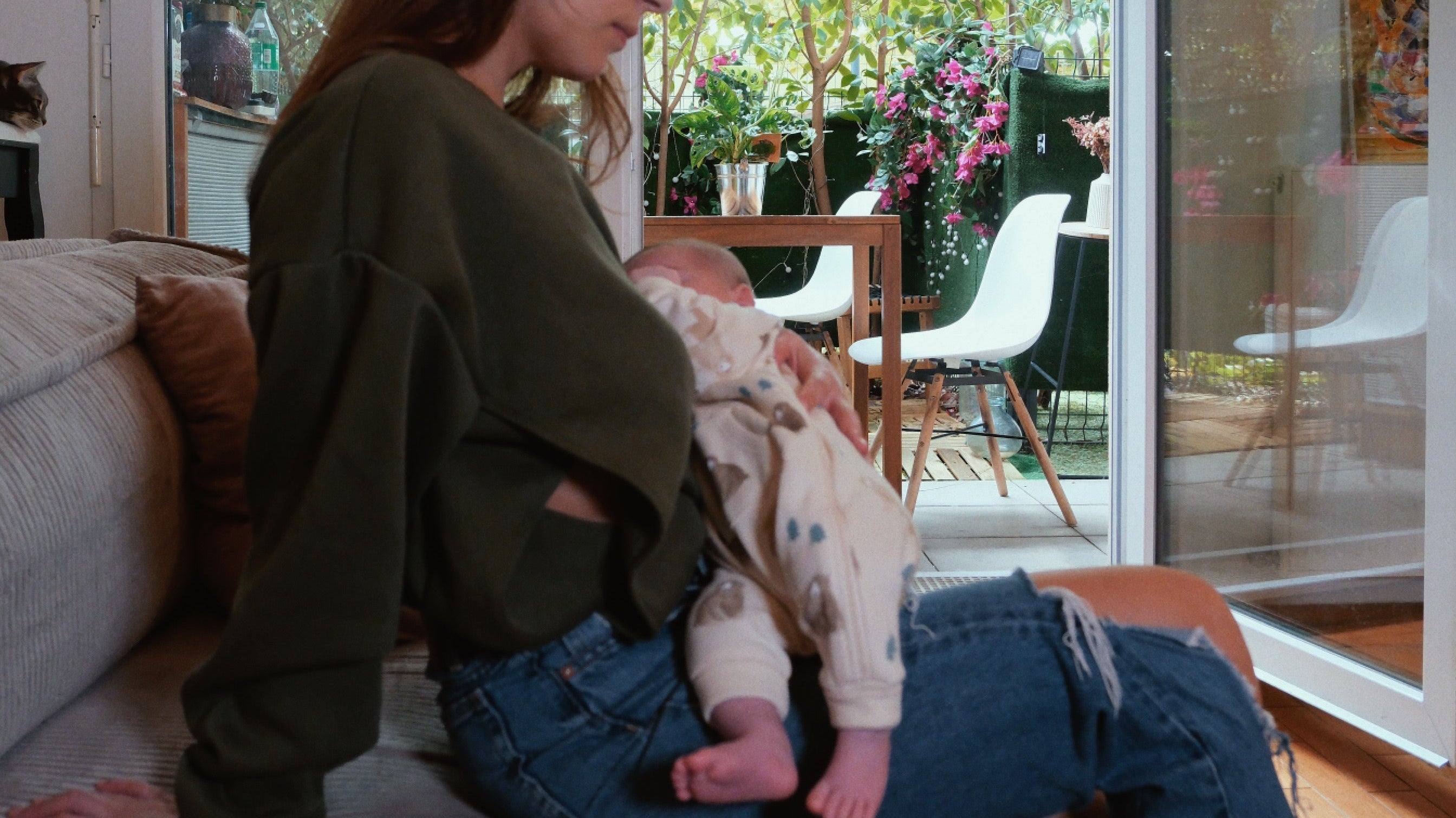Blog
Mother-baby bond and breastfeeding: myth or reality?
The article kindly explores the idea that breastfeeding is the key to the mother-baby bond . While it is true that breastfeeding stimulates oxytocin —the bonding hormone—and creates a favorable context for the mother-child connection, it is by no means essential for creating this bond .
The emotional bond is built through gaze, touch, voice, and daily presence , regardless of the feeding method (breast, bottle, breast pump, etc.). The text emphasizes that each parent-baby duo is unique , and that not feeling a "magical" bond while breastfeeding is perfectly normal .
The central message: It's not the gesture that counts, but the intention, the gentleness, and the consistency . There's no one way to love or do good—every parent bonds in their own way.
Breastfeeding Pressure: Guilt or Freedom?
Breastfeeding: Guilt or Freedom?
The article explores a personal and often taboo subject: the pressure surrounding breastfeeding. While this is a natural process, it remains complex, painful, and frustrating for many mothers. Beneath the warm encouragement sometimes lies guilt-inducing injunctions.
A personal choice that has become a source of pressure
New mothers face constant judgment: whether they breastfeed or not, for a long time or a short time, in public or in private. Everything seems to have to be justified. This silent pressure fuels what's called "mom guilt," a guilt that creeps in from the very first choices.
Empowering Mothers
Breastfeeding should never be a moral duty. It is neither a test of love nor a criterion of maternal competence. What matters is that the mother is well, that she feels supported and respected in her choices.
Milky Hour: Support without judgment
Milky Hour advocates gentle, free, and guilt-free support. Every story is legitimate, whether it involves breastfeeding, bottle feeding, pumping, or stopping. The key is to empower women to do what's right for them and their babies.
Why is France lagging behind in terms of breastfeeding?
Summary :
In France, breastfeeding rates are low, with only 10% of mothers still breastfeeding at 6 months, far from the WHO recommendations. This delay is explained by maternity leave that is too short, persistent prejudices, and a lack of support. Abroad, countries such as Sweden, Germany, and regions of Asia promote breastfeeding through favorable policies and appropriate support. To make progress, France could extend maternity leave, strengthen support, raise public awareness, and set up spaces dedicated to breastfeeding.
Breastfeeding in public spaces: what does the law say in France?
In France, it is legal for mothers to breastfeed in public places, in accordance with Article L. 1111-1 of the Public Health Code. However, the absence of explicit legislation leads to varied interpretations and exposes mothers to comments or discrimination. Prejudices, such as the sexualization of breasts, lack of education or social discomfort, still make breastfeeding in public taboo.
Denying a mother the right to breastfeed in public is considered discrimination under Article 225-1 of the Penal Code, and victims can file a complaint or contact the Ombudsman. Comparatively, countries such as the United Kingdom and the Nordic countries are more normalizing this practice.
To improve the situation, awareness campaigns, training of professionals, creation of adapted spaces, and promotion of breastfeeding in the media are proposed. The objective is to guarantee mothers a caring environment to exercise their right to breastfeed without fear or judgment.





